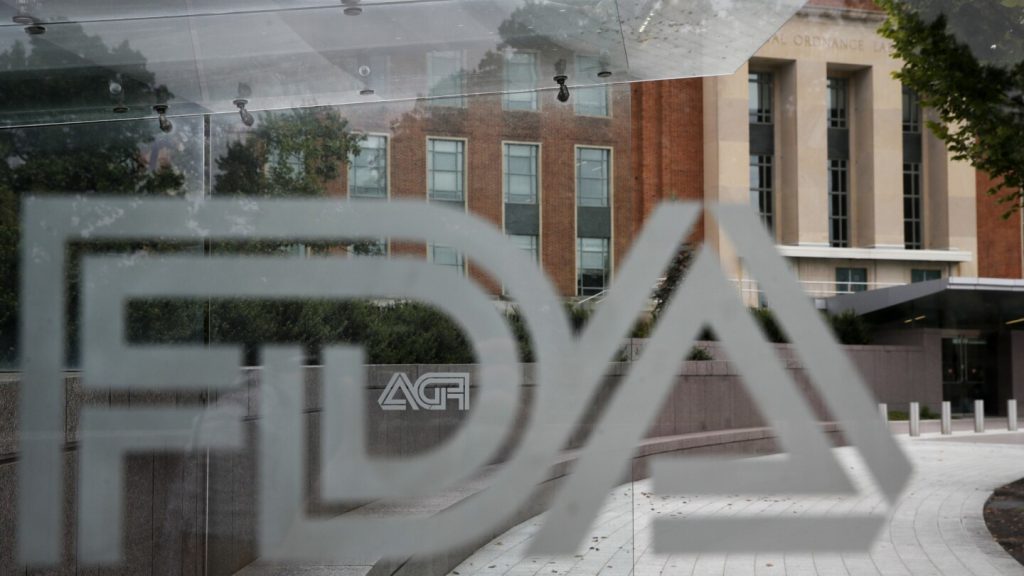The Food and Drug Administration (FDA) faced challenges in inspecting pharmaceutical plants during the COVID-19 pandemic, leading to a backlog of uninspected facilities. The Associated Press (AP) conducted an investigation to assess the FDA’s progress in catching up on inspections of drug manufacturing plants. The AP found that nearly 2,000 drug manufacturing plants have not been inspected since before the pandemic, representing about 42% of firms registered to produce drugs for the U.S. Some of these plants produce critical medicines such as antibiotics, blood thinners, and cancer therapies.
The FDA’s own guidelines prioritize inspections of factories that have not been inspected in five or more years, considering them to be at significant risk. While most of the overdue plants are in the U.S., over 340 are located in India and China, major producers of generic drug ingredients for the U.S. The FDA claims that the U.S. drug supply is the safest in the world and prioritizes facilities that pose the greatest risk to the public. In efforts to supplement its inspections, the FDA utilizes online tools and information from European regulators.
Despite ramping up inspections since 2021, the FDA has not yet returned to the same level of inspections as before the pandemic. Inspection numbers were down by 40% last year compared to the prepandemic period. The agency has been faced with challenges due to attrition, which has led to a less experienced workforce. FDA Associate Commissioner Michael Rogers acknowledged the impact of attrition on inspection efforts, stating that the agency is working on increasing the experience and training of investigators to address the issue. There are still over 220 vacancies among the FDA’s inspection workforce.
When FDA inspectors do visit overseas plants, they sometimes uncover serious violations. During a visit to Intas Pharmaceuticals in India, an FDA inspector witnessed an employee pouring acetic acid in a trash bin to destroy company documents related to drug testing. This led to the issuance of a warning letter documenting various violations at the plant, including inadequate recordkeeping and manufacturing practices. The findings highlight the importance of ongoing inspections to ensure the safety and quality of pharmaceutical products.


